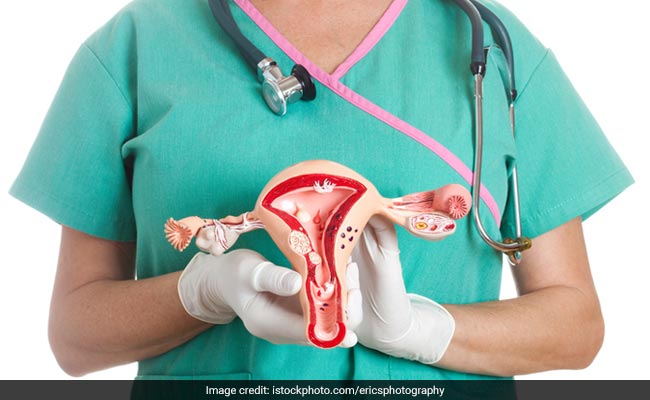January is Cervical Cancer Awareness month, which aims to spread awareness about this very common yet preventable cancer. Cervical cancer is a 100% preventable cancer vaccination and screening are the key elements for the cervical cancer eradication program.

Almost 99.9% cervical cancers are caused by Human Papilloma Virus (HPV)
Cervical Cancer is the third most common cancer in India after breast and lip and oral cavity cancer as per the GLOBOCAN data, 2020. Approximately 1,23,907 cases of cervical cancer are diagnosed in India every year with 77,348 deaths. Cervical cancer has its own saga – from being one of the most common cancers in women to being targeted as an eradicable disease just like polio. Cervical cancer is a 100% preventable cancer – vaccination and screening are the key elements for the cervical cancer eradication program.
Almost 99.9% cervical cancers are caused by Human Papilloma Virus (HPV). It almost takes 15-18 years for a woman to develop cervical cancer after a persistent HPV infection. Change in sexual practices and multiple sexual partners have led to a rise in HPV infection in the Indian subcontinent.
Currently, in India, HPV vaccination is being given to girls between 9 to 26 years age. The best efficacy of HPV vaccine of 70% protection is achieved prior to HPV exposure. There is huge need for vaccinating the adolescent boys to reduce incidence of HPV infections, warts and other HPV related cancers such as penile, anal, oropharyngeal cancers. The current recommendation is to administer HPV vaccine 2 doses below 15 years 6 months apart and three doses 0,2,6 months over the age of 15 years.
However, over the last decade, we have seen a significant change in awareness with more acceptance to HPV vaccination and screening. Conventional Pap smears have been replaced by Liquid based cervical cytology and HPV DNA high risk hybrid capture testing. In fact, the recent guidelines recommend HPV testing as the index screening test for cervical cancers. HPV testing must begin at age 25 yrs and Liquid cytology by age 21 years. Co-testing is performed every 5 years till age 65 years if normal results.
The spectrum of diagnosis of cervical cancer has shown a paradigm shift from more detection of cervical precancers and early detection of cervical cancers to lesser advanced cervical cancers.
The need of the hour is adoption of WHO Cervical Cancer Elimination Initiative given in 2018
- Vaccination: 90% of girls fully vaccinated with the HPV vaccine by the age of 15
- Screening: 70% of women screened using a high-performance test by the age of 35, and again by the age of 45
- Treatment: 90% of women with pre-cancer treated and 90% of women with invasive cancer managed.
- Each country should meet the 90-70-90 targets by 2030 to get on the path to eliminate cervical cancer within the next century.
(Dr Swasti, Senior Consultant, Gynae Surgical Oncology, Max Healthcare)
Disclaimer: The opinions expressed within this article are the personal opinions of the author. NDTV is not responsible for the accuracy, completeness, suitability, or validity of any information on this article. All information is provided on an as-is basis. The information, facts or opinions appearing in the article do not reflect the views of NDTV and NDTV does not assume any responsibility or liability for the same.
DoctorNDTV is the one stop site for all your health needs providing the most credible health information, health news and tips with expert advice on healthy living, diet plans, informative videos etc. You can get the most relevant and accurate info you need about health problems like diabetes, cancer, pregnancy, HIV and AIDS, weight loss and many other lifestyle diseases. We have a panel of over 350 experts who help us develop content by giving their valuable inputs and bringing to us the latest in the world of healthcare.














